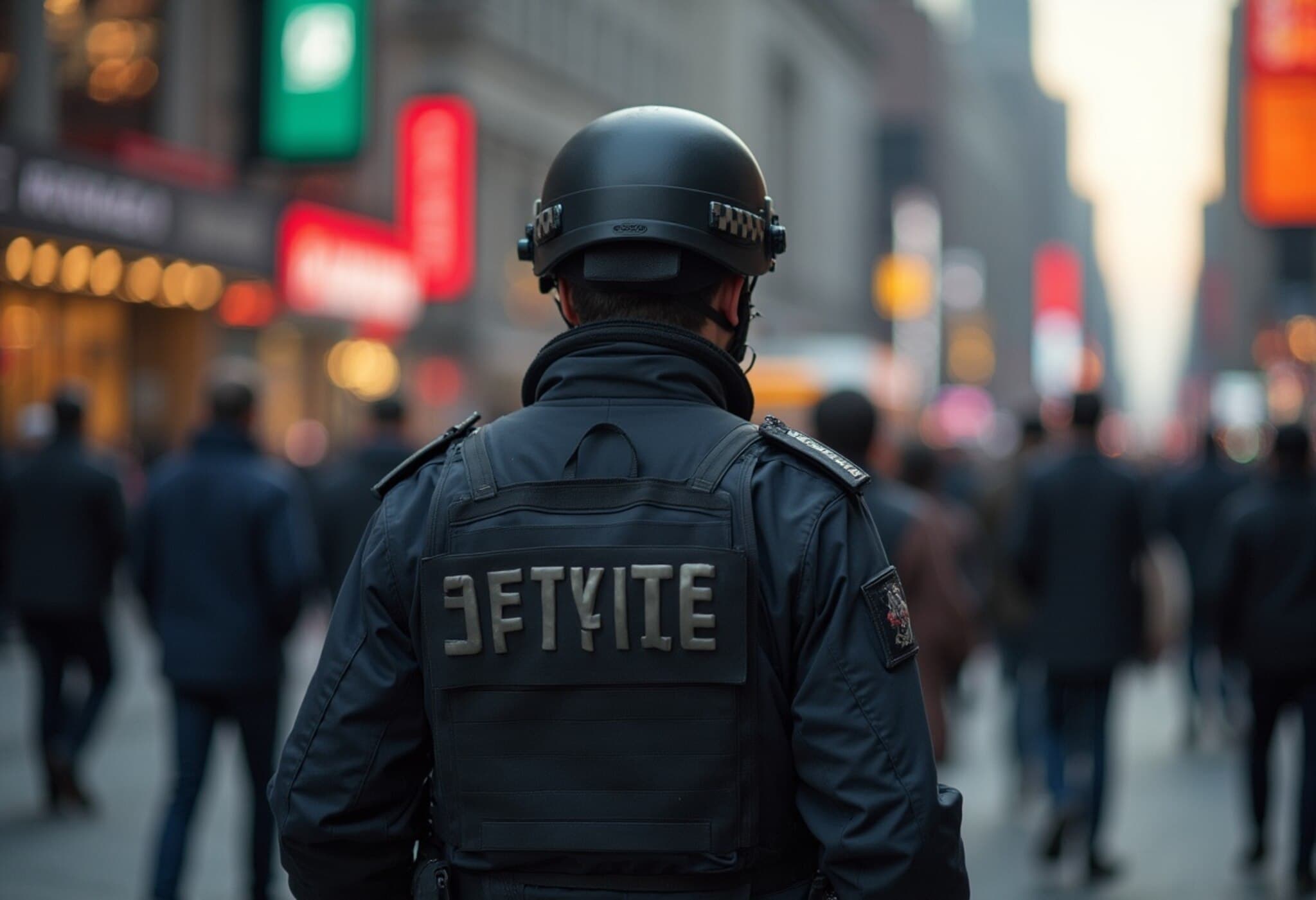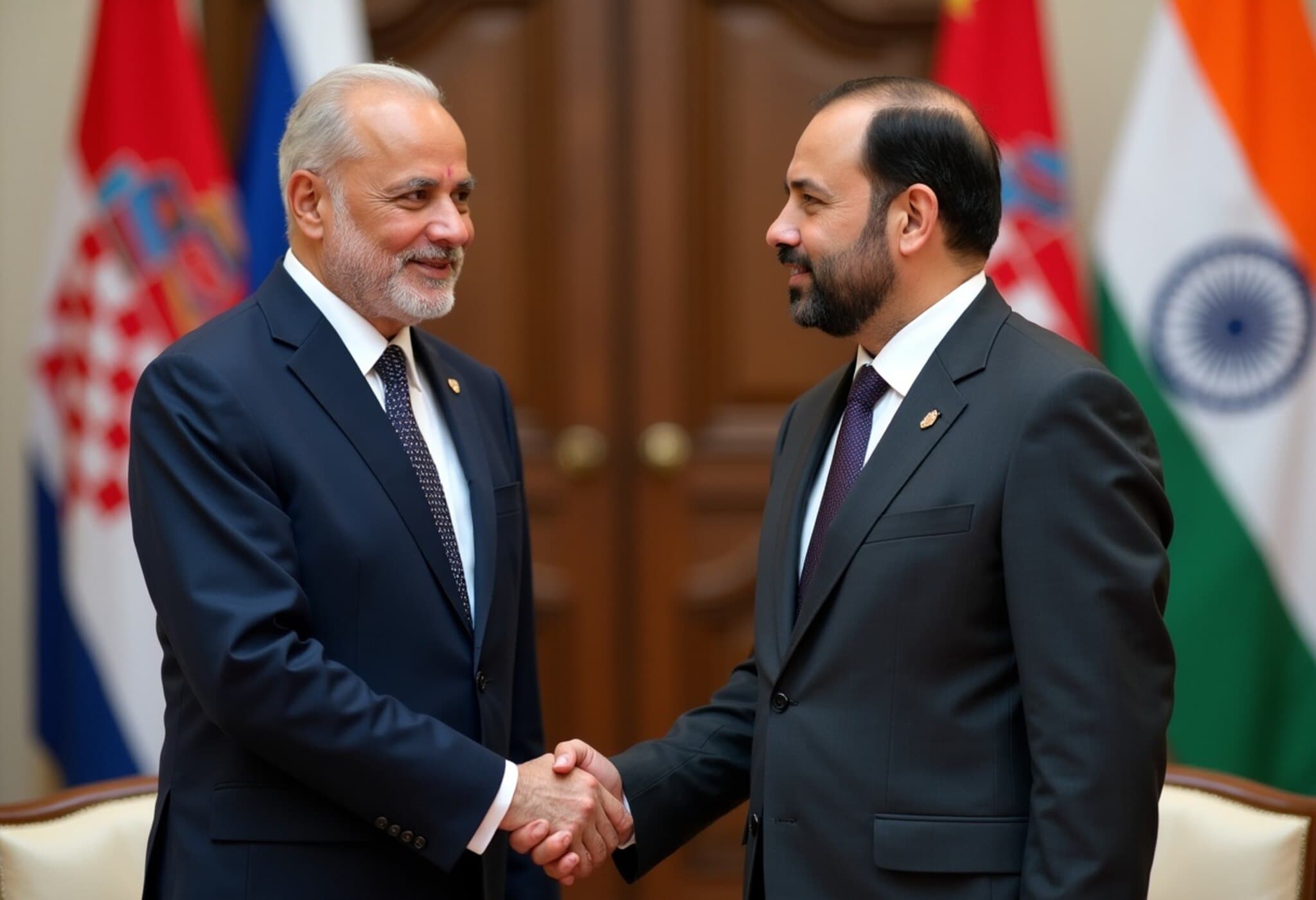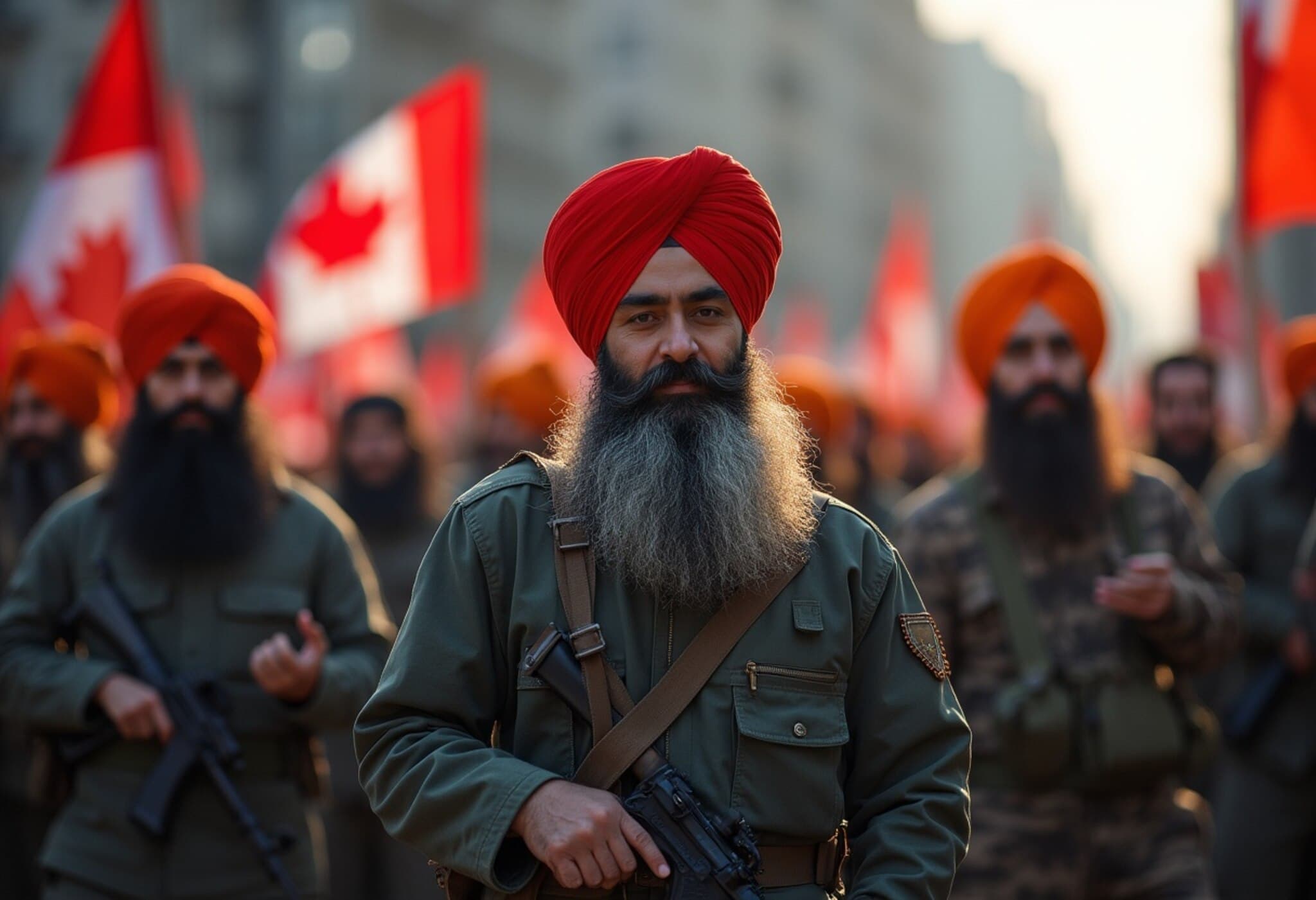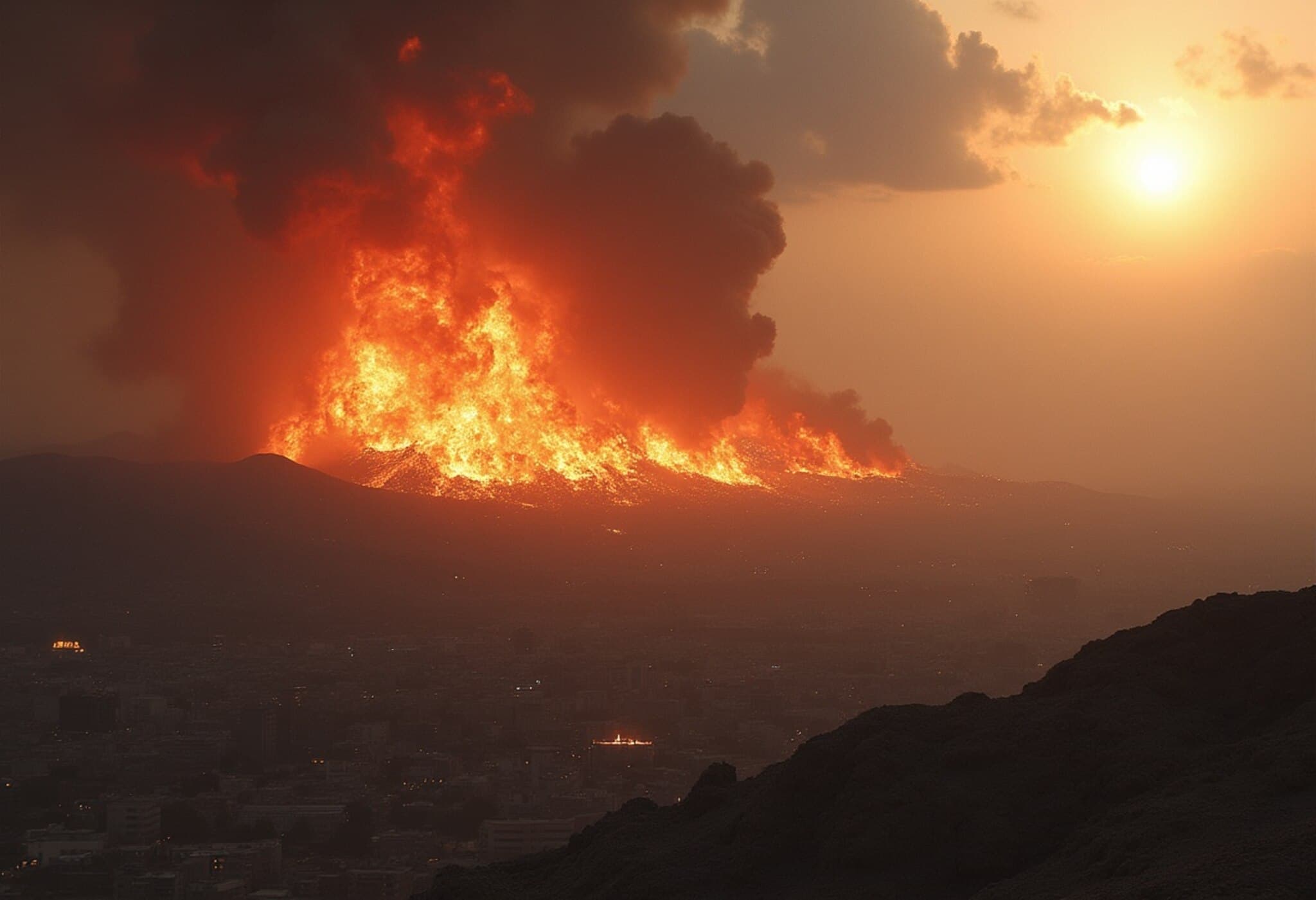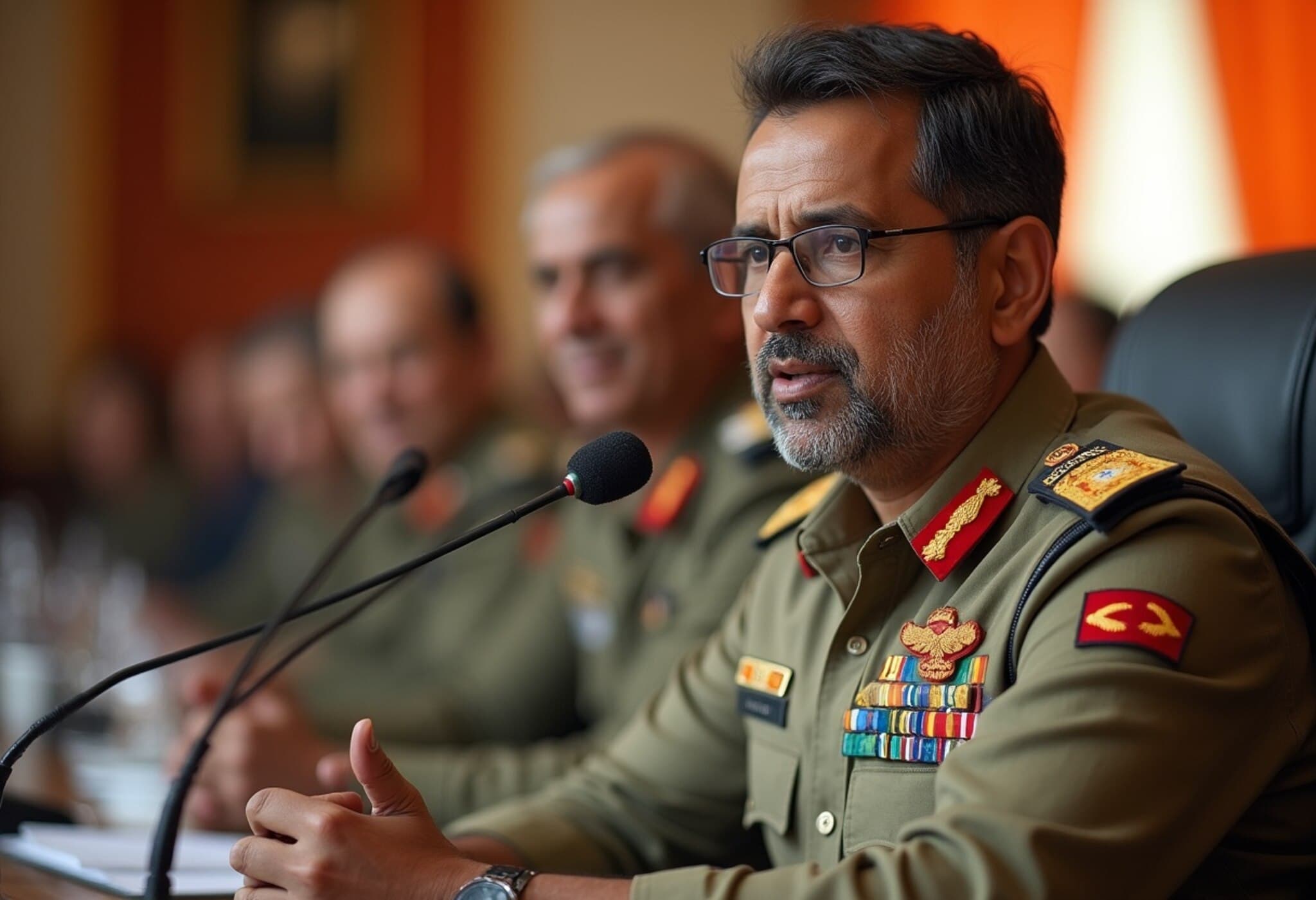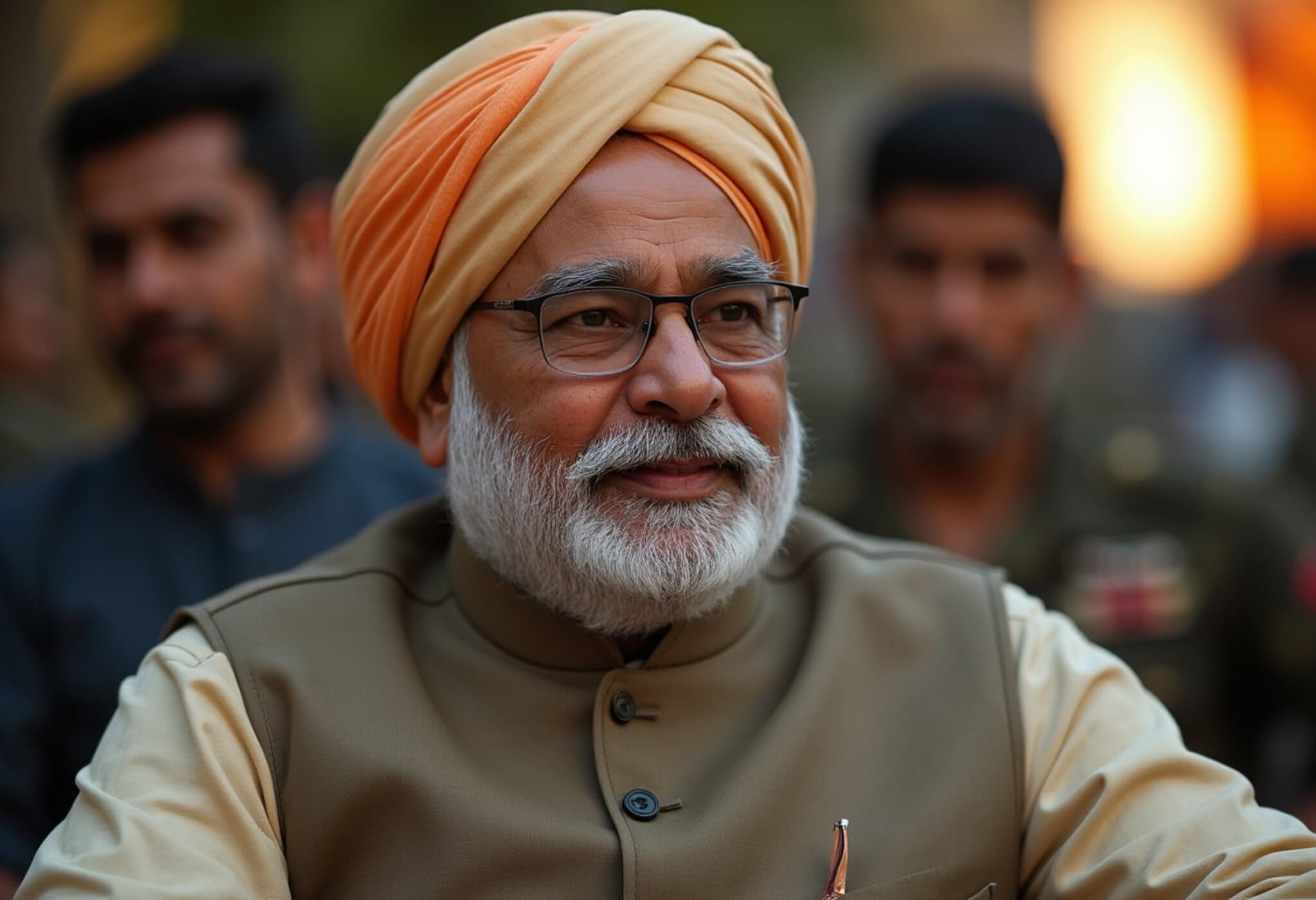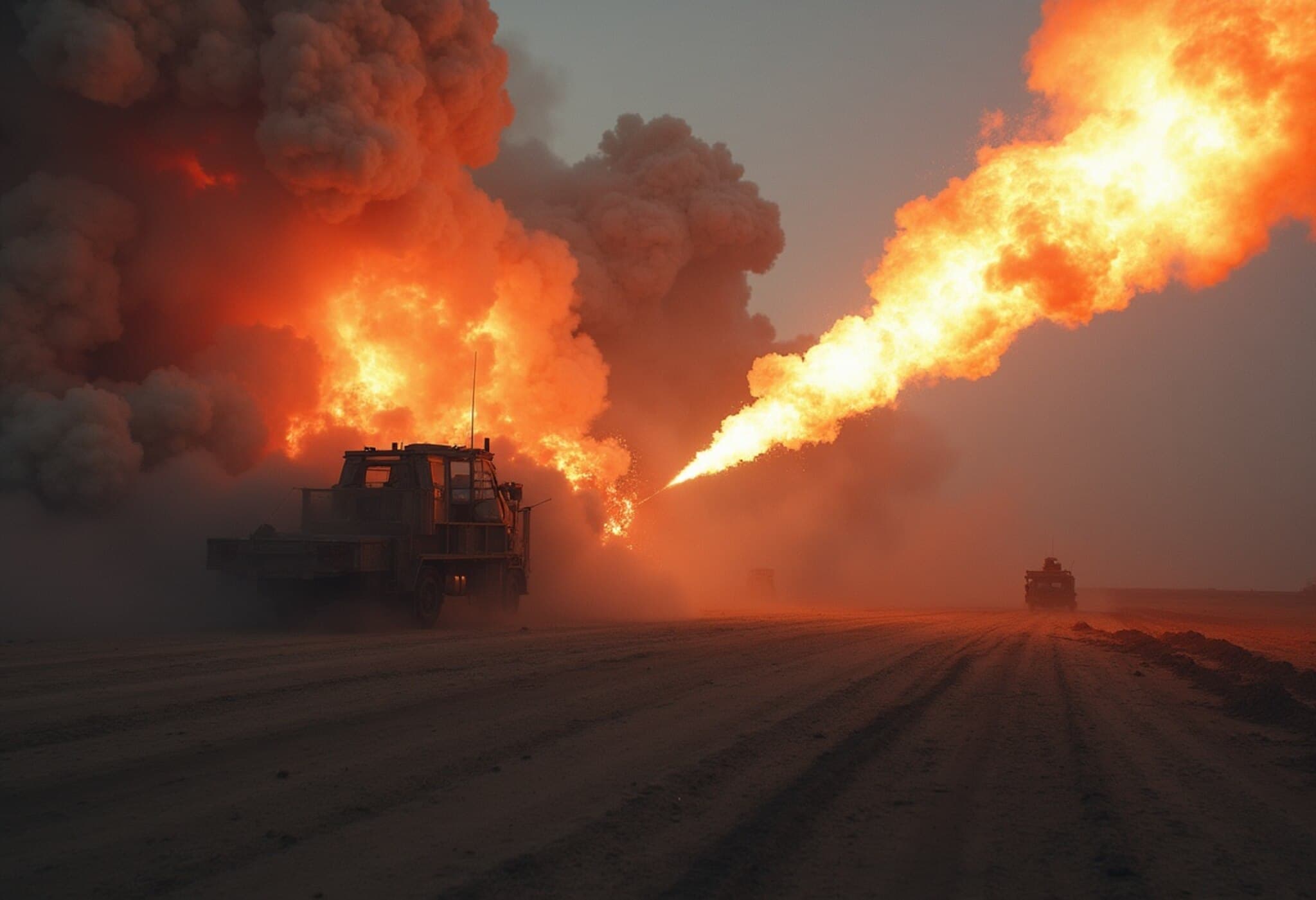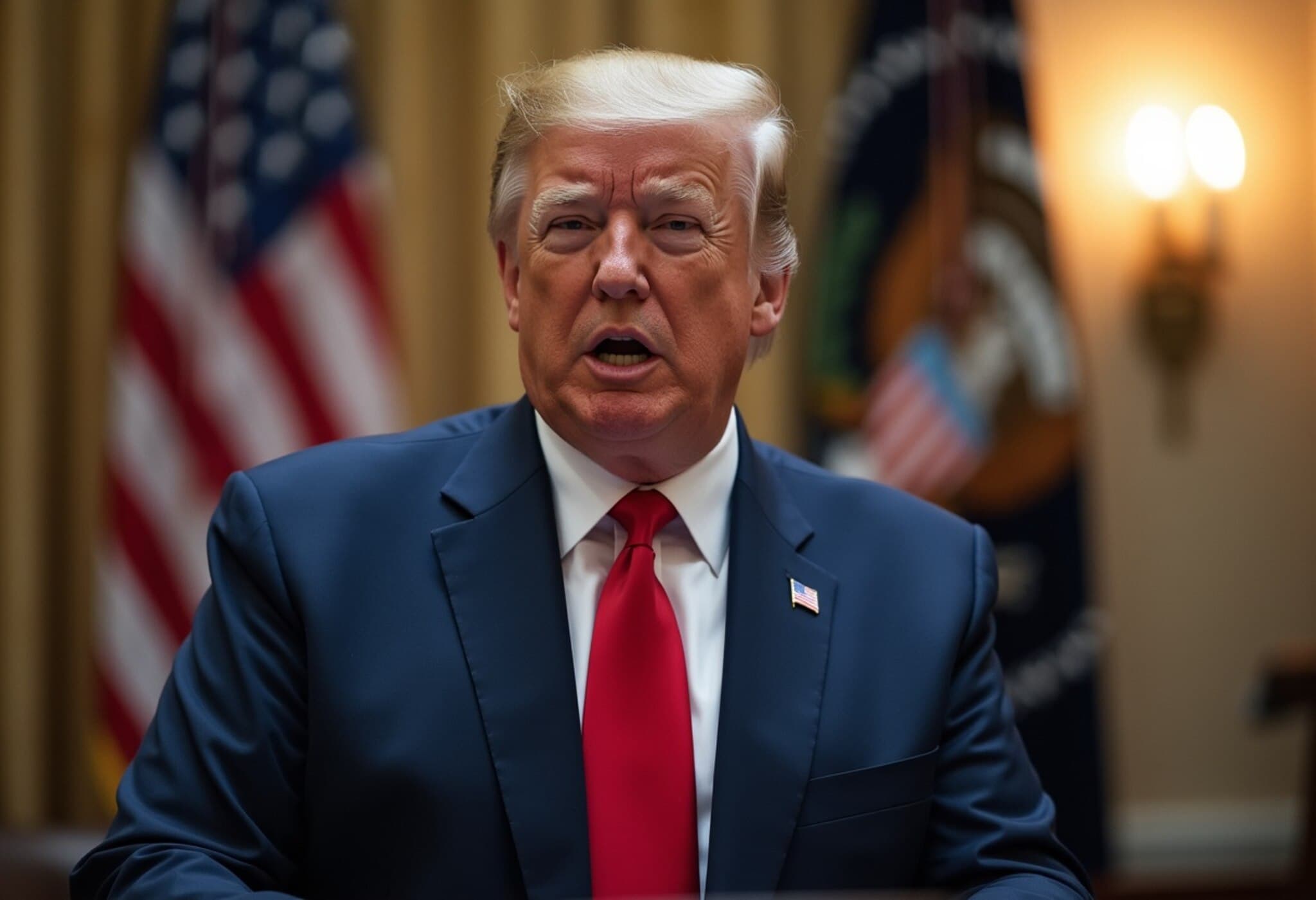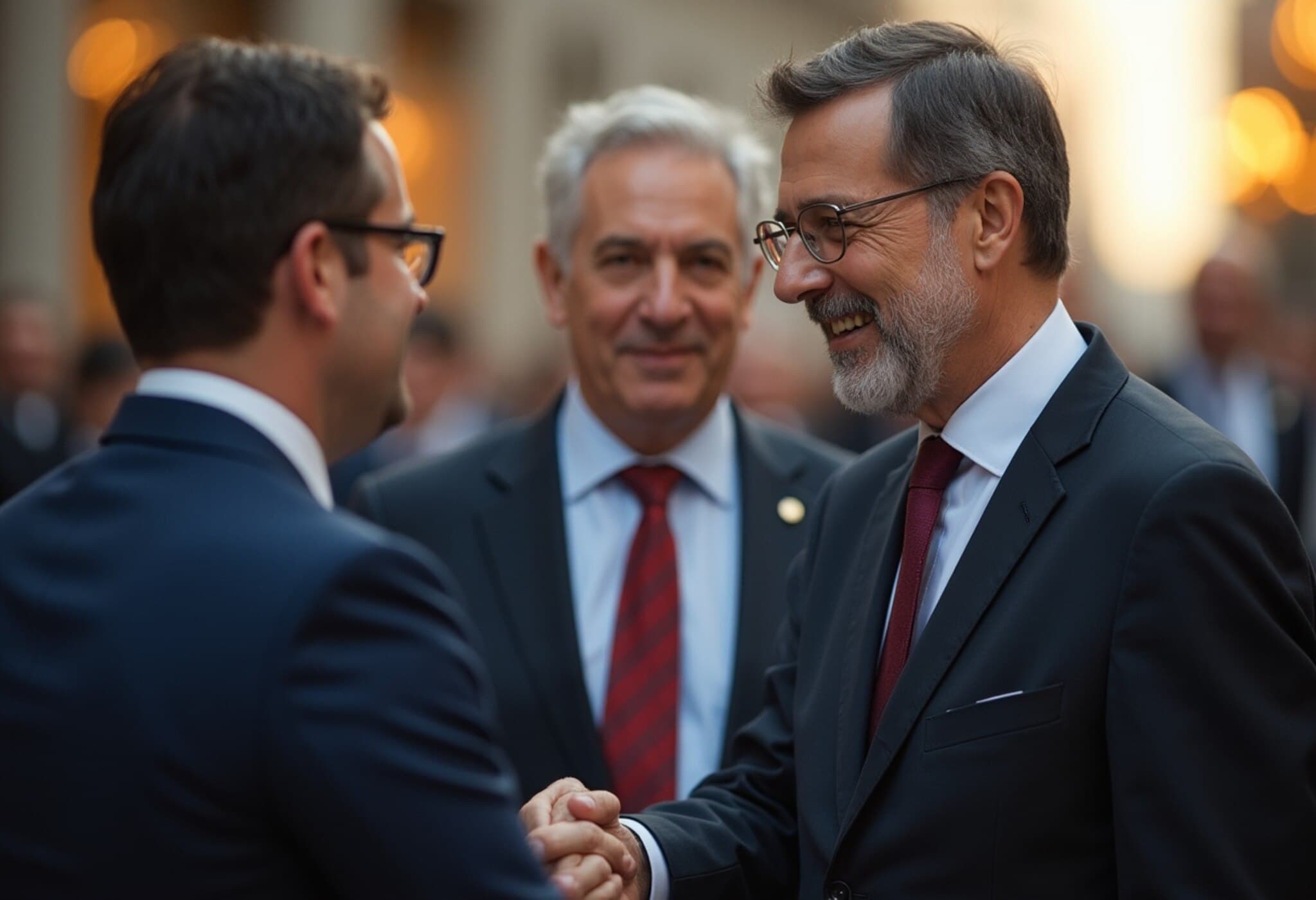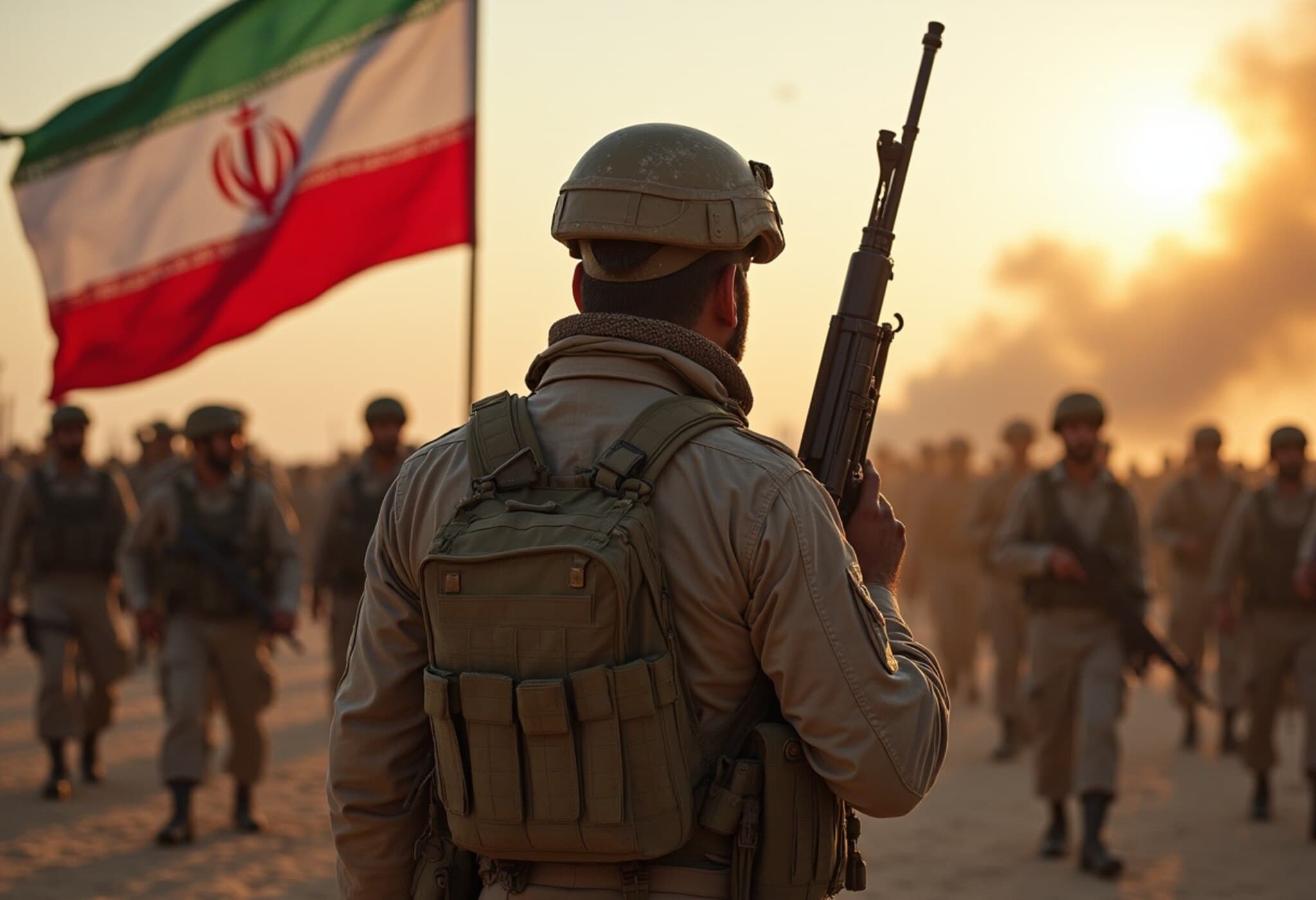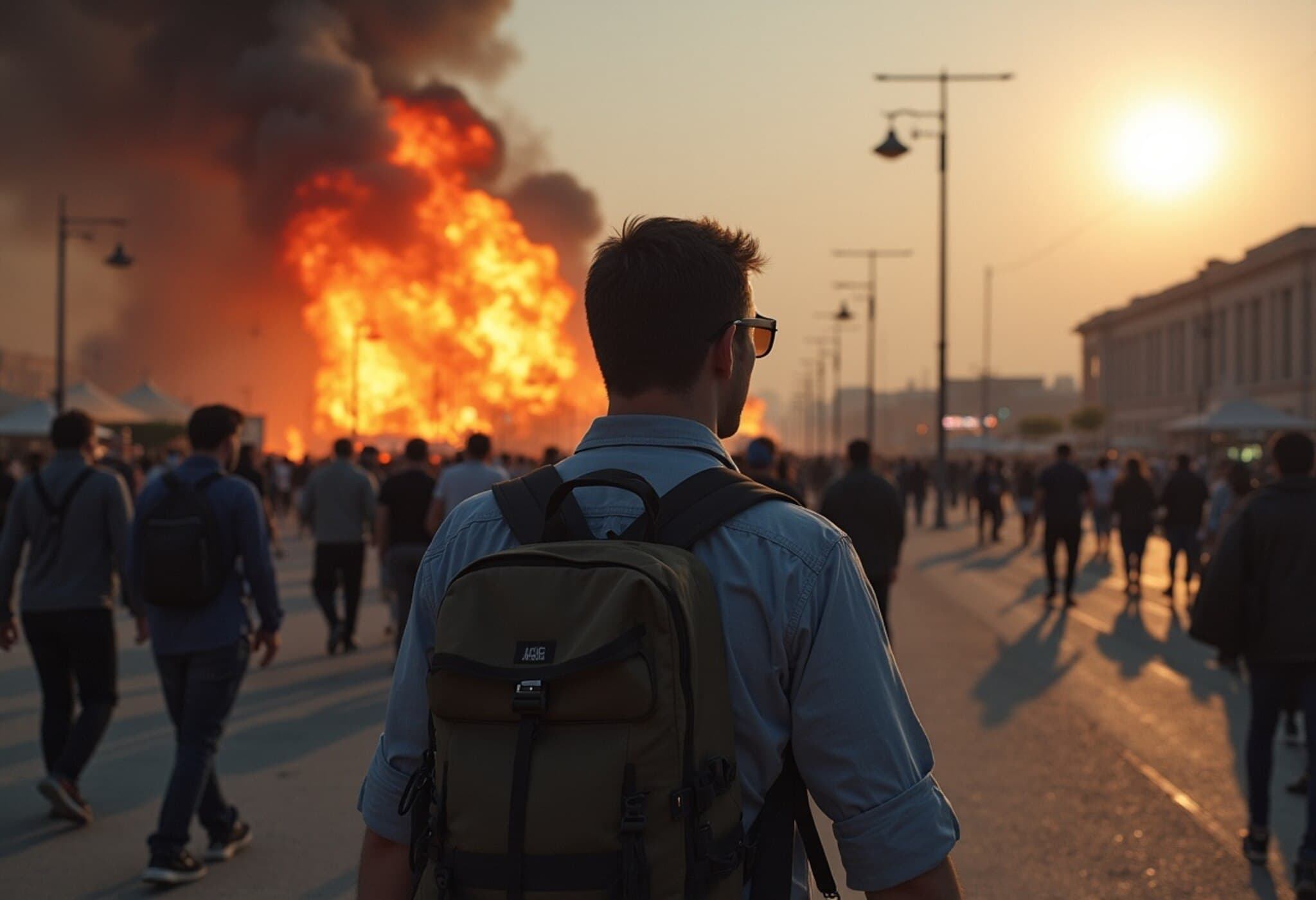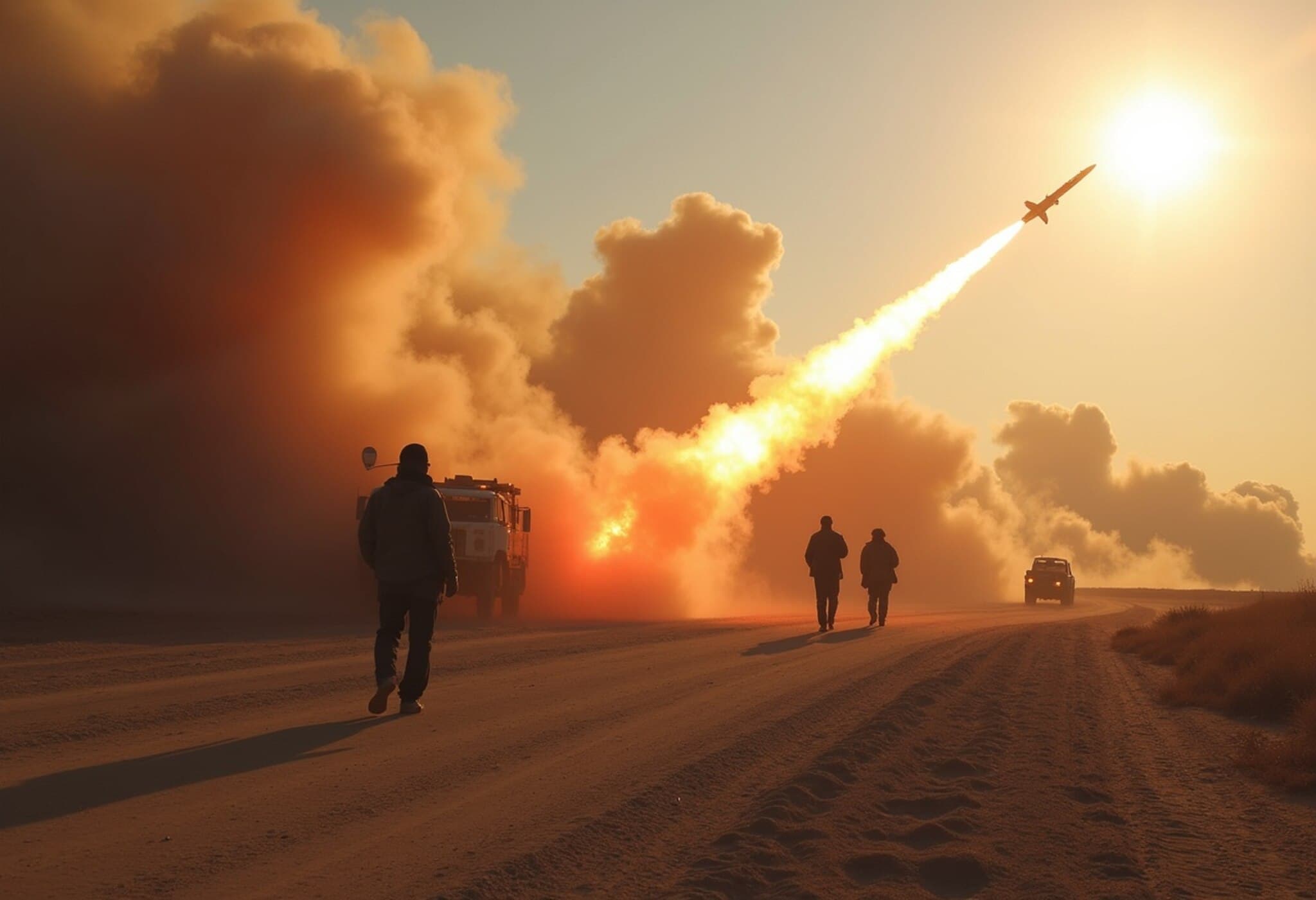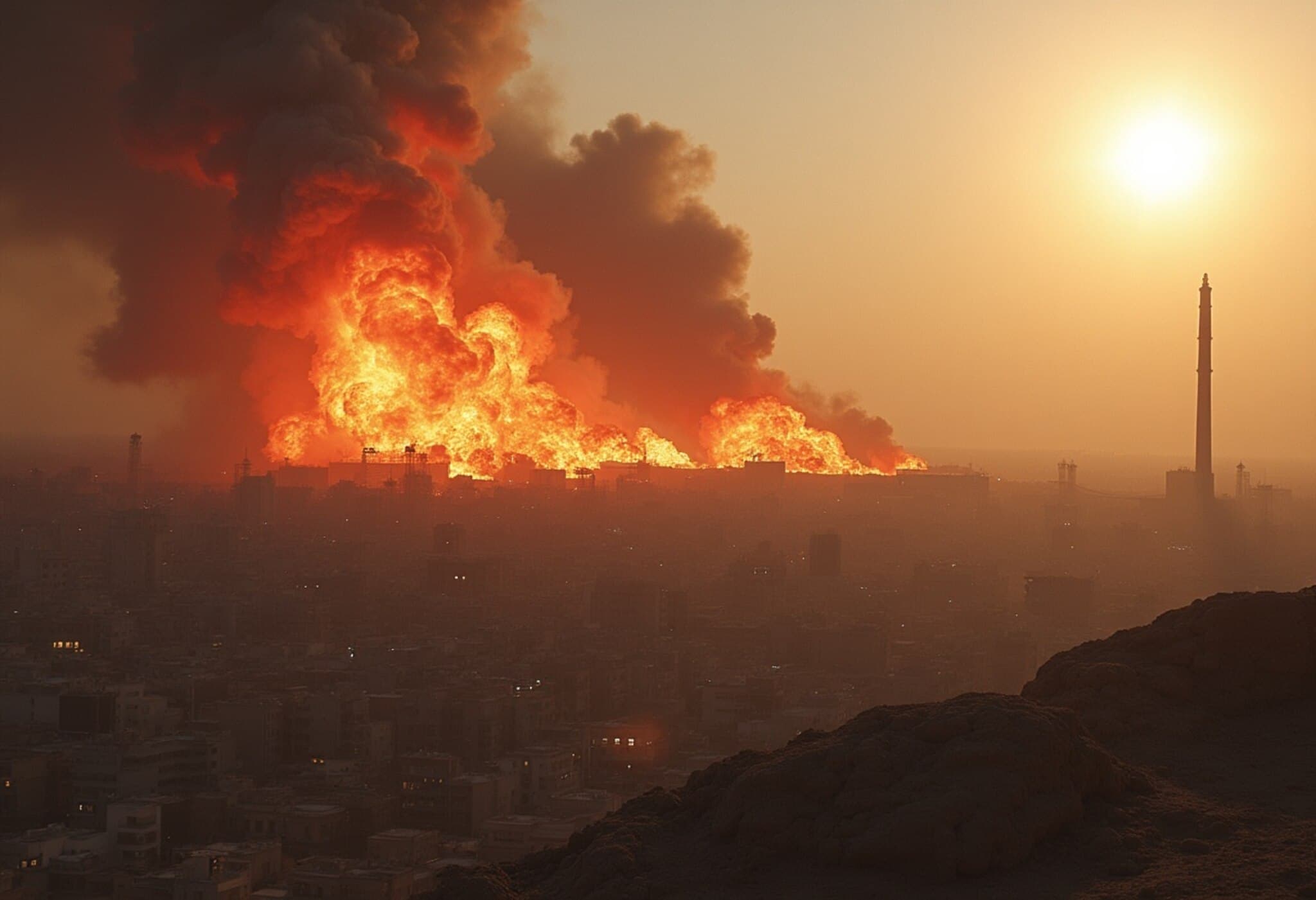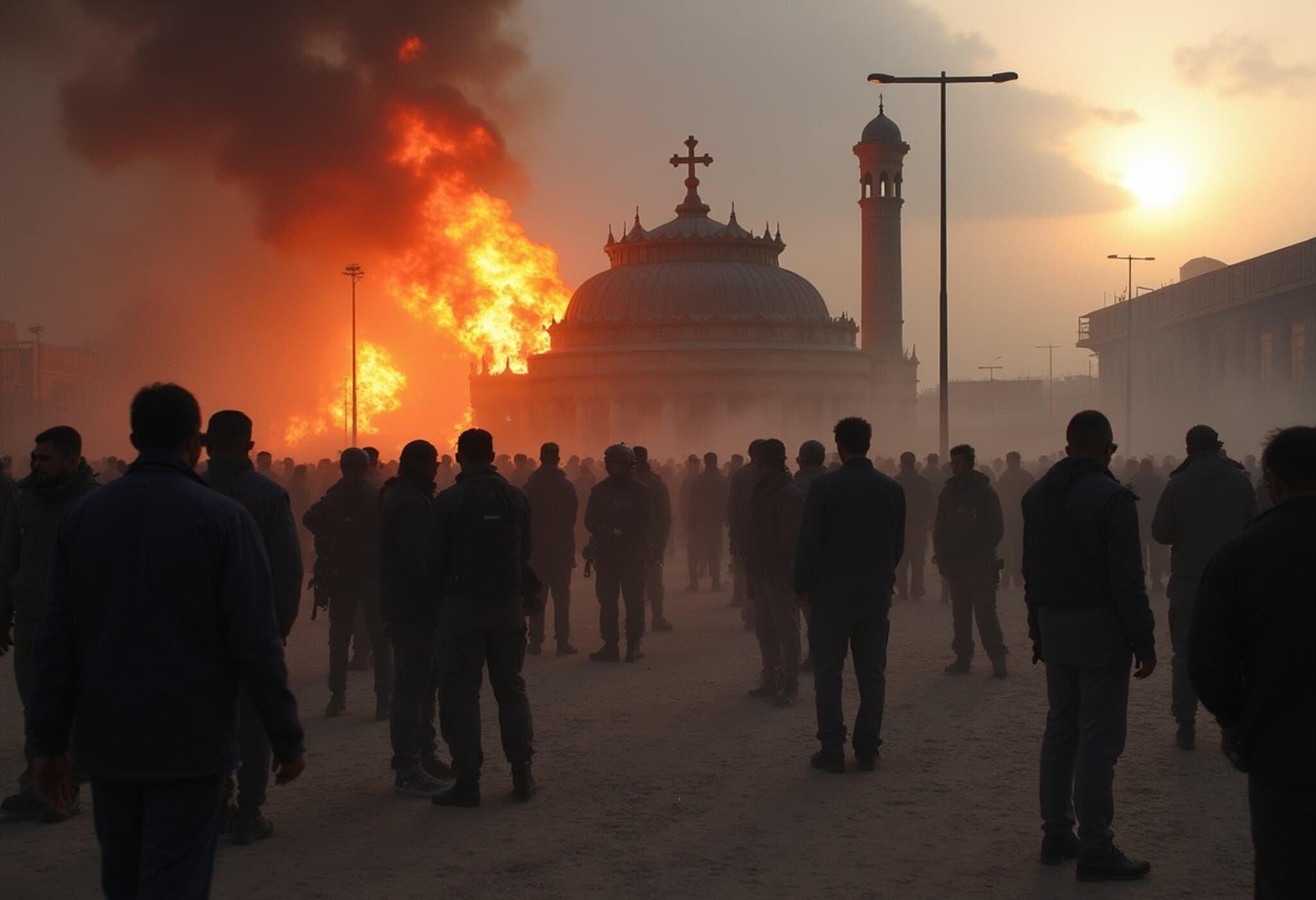US Homeland Security Issues Alert Amid Rising Threats After Iran Strikes
The US Department of Homeland Security (DHS) has issued a warning of a heightened threat environment across the country following recent US military strikes on Iran's nuclear facilities. This advisory, released Sunday through the National Terrorism Advisory System, highlights growing concerns over both physical and cyber threats linked to escalating tensions in the Middle East.
Cybersecurity Risks Highlighted Amid Rising Hostilities
The DHS bulletin pointed out that low-level cyber attacks against US infrastructure are increasingly likely, primarily from pro-Iranian hacktivist groups. Additionally, cyber actors with alleged connections to the Iranian government may escalate offensive operations targeting American networks.
Authorities warn that any call from Iranian leadership for retaliatory violence—especially if framed as a religious edict—could spur violent extremist actions domestically. The bulletin stresses that while no specific credible threats have been identified, vigilance remains crucial.
Heightened Security Measures Across Major US Cities
In response to these warnings, law enforcement agencies in key metropolitan areas including Los Angeles, Washington D.C., and New York City have increased patrols around religious, cultural, and diplomatic sites. Officials emphasize that these steps aim to deter any potential attempts at violence or disruption amidst the mounting regional conflict.
Context of Growing Domestic Tensions
Since Israel’s military operations against Iran’s nuclear sites began earlier this month, the US has seen a noticeable rise in community tensions, including Islamophobic and antisemitic incidents. The ongoing conflict has exacerbated sensitivities, leading to several violent episodes across the country:
- Fatal shootings of Israeli embassy employees in Washington, D.C.
- Attack in Colorado involving incendiary devices against a pro-Israel crowd, injuring eight
- Stabbing of a 6-year-old Palestinian child in Illinois, killing the child
- Attempted drowning of a 3-year-old Palestinian-American girl in Texas
- Violent clashes targeting pro-Palestinian demonstrators in California
These incidents emphasize the deepening divide and the challenges authorities face in preventing hate-fueled violence as international conflicts reverberate on US soil.
Official Statements and Developments
Late Saturday, former President proclaimed the use of powerful bunker-busting bombs to decisively target Iran’s nuclear infrastructure, aligning US actions with Israel’s offensive that started on June 13. The heightened geopolitical tensions only amplify security concerns domestically.
Despite the alert, local authorities underscore that no imminent threats have been detected at this time. Still, the combination of ongoing overseas conflict and domestic unrest compels increased readiness.
What Lies Ahead?
As the situation unfolds, experts warn of sustained risks from both cyber and physical threats emanating from sympathizers abroad and radicalized individuals at home. The US government’s robust response aims to manage this complex threat landscape and safeguard communities nationwide.

